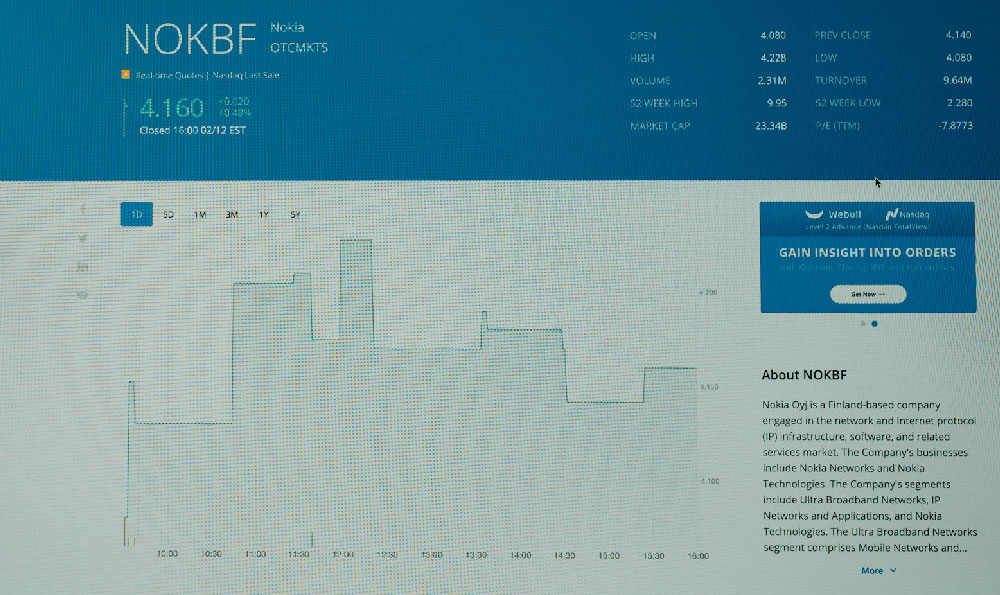The allure of quick riches through cryptocurrency investments can be particularly strong for teenagers, a demographic often characterized by a desire for financial independence and a willingness to embrace new technologies. However, the intersection of youthful enthusiasm and the inherently volatile world of digital assets presents a complex landscape fraught with both opportunity and peril. Approaching this arena with prudence, education, and a solid understanding of the underlying principles is paramount to navigating the potential pitfalls and maximizing the chances of long-term success.
Before even considering investing a single dollar (or its equivalent in cryptocurrency), a teenager must grasp the fundamental nature of this asset class. Cryptocurrency is not simply a magical money-making machine; it represents a complex and rapidly evolving ecosystem built on blockchain technology. Understanding the basics of blockchain, cryptography, and decentralized finance (DeFi) is crucial for making informed investment decisions. This doesn't necessitate becoming a coding expert, but rather developing a working knowledge of how these systems function, what problems they aim to solve, and the inherent risks associated with them. Numerous free online resources, educational videos, and introductory courses can provide a solid foundation. Investing the time to learn these concepts upfront is an investment in itself, protecting against impulsive decisions driven by hype and speculation.
One of the most critical aspects of responsible cryptocurrency investment, especially for teenagers with limited financial resources, is the concept of risk management. The cryptocurrency market is known for its extreme volatility, with prices fluctuating dramatically in short periods. It is not uncommon for a cryptocurrency's value to plummet by 50% or more within a week. Therefore, it is imperative to only invest what you can afford to lose. This means never investing rent money, grocery money, or any funds needed for essential expenses. A teenager's investment portfolio should be comprised of discretionary income – money that is specifically allocated for non-essential spending or savings.

Furthermore, diversification is a cornerstone of sound risk management. Putting all your eggs in one basket, especially in the volatile world of cryptocurrency, is a recipe for potential disaster. Spreading investments across multiple cryptocurrencies, with varying market capitalizations and use cases, can help mitigate the impact of any single asset's decline. Researching different cryptocurrencies and understanding their underlying technology, development teams, and market potential is crucial for making informed diversification decisions. Avoid blindly following social media trends or relying on the advice of self-proclaimed "crypto gurus" without conducting independent research.
Another important consideration for teenage investors is the legal and tax implications of cryptocurrency investments. Depending on the jurisdiction, profits from cryptocurrency investments may be subject to capital gains taxes. It is essential to understand the tax laws in your region and to accurately report any profits or losses to the relevant authorities. Failure to do so can result in penalties and legal consequences. Keeping meticulous records of all cryptocurrency transactions, including purchase dates, prices, and sale dates, is crucial for tax reporting purposes.
Beyond the inherent volatility of the market and the complexities of tax regulations, teenagers must also be wary of scams and fraudulent schemes that are prevalent in the cryptocurrency space. These scams often prey on inexperienced investors with promises of guaranteed high returns or exclusive investment opportunities. Be extremely cautious of anyone who guarantees a profit or pressures you to invest quickly without conducting thorough due diligence. Common scams include Ponzi schemes, pyramid schemes, and pump-and-dump schemes. Always verify the legitimacy of any cryptocurrency project or investment opportunity before investing any money. Look for red flags such as anonymous developers, unrealistic promises, and a lack of transparency.
Furthermore, safeguarding your cryptocurrency assets is of utmost importance. Cryptocurrency wallets, which are used to store and manage digital assets, can be vulnerable to hacking and theft. It is essential to use strong passwords, enable two-factor authentication, and store your private keys in a secure offline location (such as a hardware wallet). Never share your private keys with anyone, as this would give them complete control over your cryptocurrency assets. Be wary of phishing scams, which are designed to trick you into revealing your private keys or other sensitive information.
While the potential for quick gains in the cryptocurrency market may be enticing, teenagers should prioritize a long-term investment strategy based on sound financial principles. Instead of trying to time the market or chase short-term profits, focus on building a diversified portfolio of cryptocurrencies with strong fundamentals and long-term growth potential. Consider dollar-cost averaging, which involves investing a fixed amount of money at regular intervals, regardless of the price. This can help reduce the impact of volatility and ensure that you are buying at different price points.
Finally, it's crucial to approach cryptocurrency investment with a healthy dose of skepticism and a willingness to learn from both successes and failures. The cryptocurrency market is constantly evolving, and there are no guarantees of success. By educating themselves, managing risk, staying informed, and remaining vigilant against scams, teenagers can navigate the complexities of the cryptocurrency market and potentially achieve their financial goals. Remember, responsible investing is a marathon, not a sprint, and a patient, disciplined approach is far more likely to yield positive results in the long run. The key is not to get rich quick, but to build a solid financial foundation for the future.












